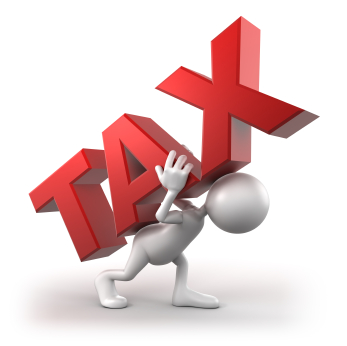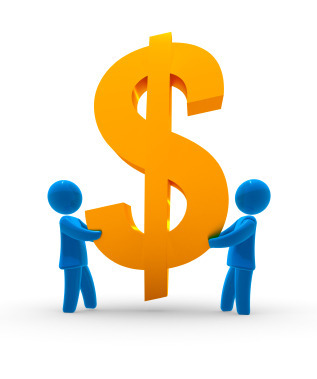The NSW threshold is $750,000 (annually). Tax is only paid on wages above the threshold. 
The NSW tax rate is 5.45%.
The threshold is reduced by:
- Part-year employment; and
- Interstate wages - it is possible for a multi-state employer to be liable for payroll tax in some states and not others.
Grouped businesses can only claim one threshold.
Recent amendment clarifies that a taxpayer cannot seek reassessment or refund from the Chief Commissioner if they have overpaid tax more than five years after they have lodged their Annual Return
WHAT IS A "WAGE" FOR PAYROLL TAX?
Employers are required to pay payroll tax on all of their taxable wages. The term ‘wages’ is widely defined in the NSW Payroll Tax Act 2007 (the Act) under nine divisions and includes all forms of direct and indirect reward for work. It is not restricted to wages and salaries and includes other forms of reward such as fringe benefits and share schemes. Examples include:
- Leave payments

- Bonuses and commission
- Allowances
- Gross salaries and wages
- Director’s remuneration
- Fringe benefits
- Superannuation
- Termination payments
- Shares and options
- Liable contractor payments
- Remuneration
